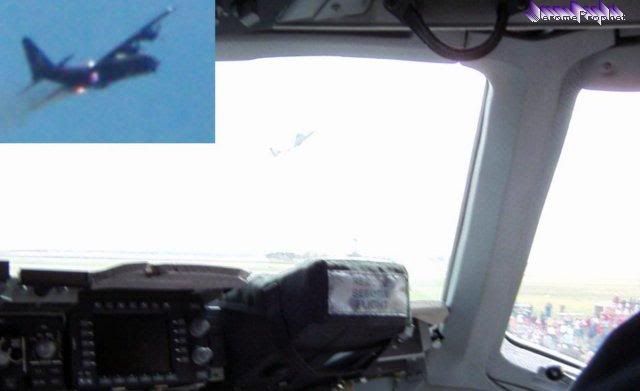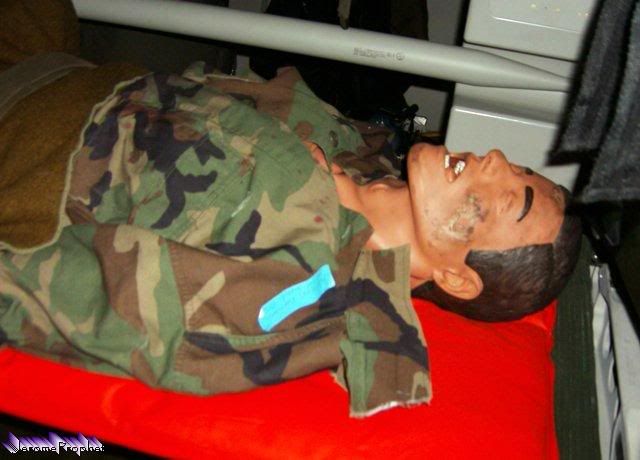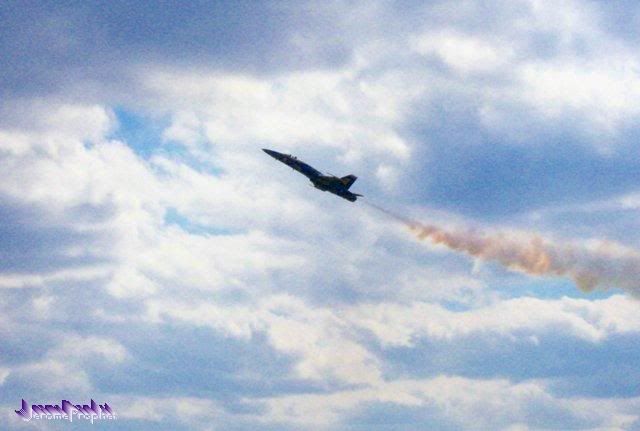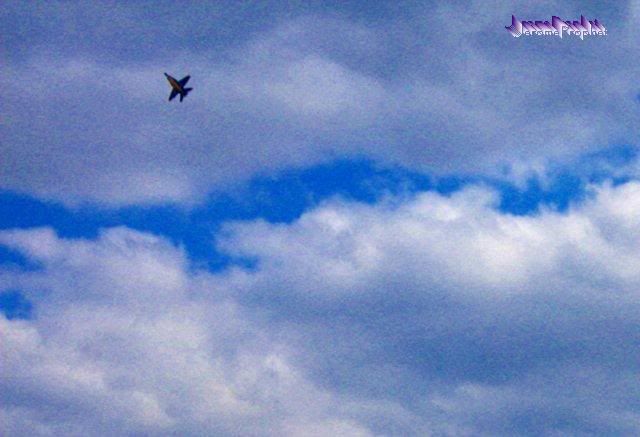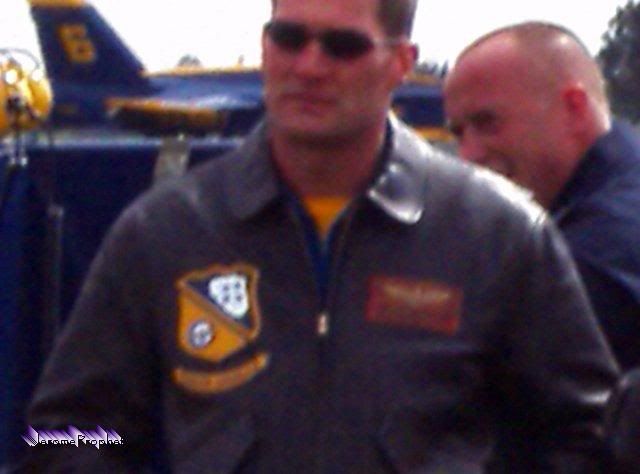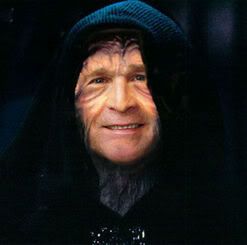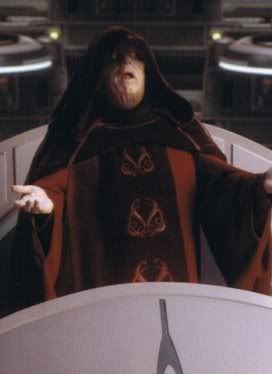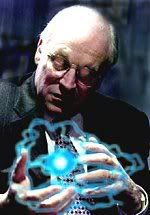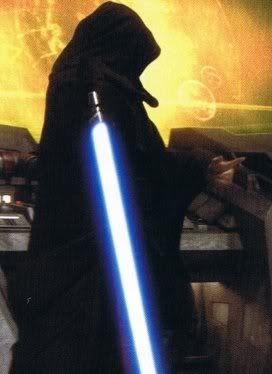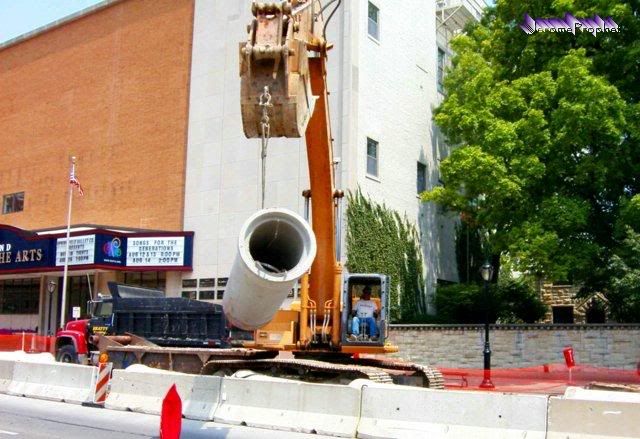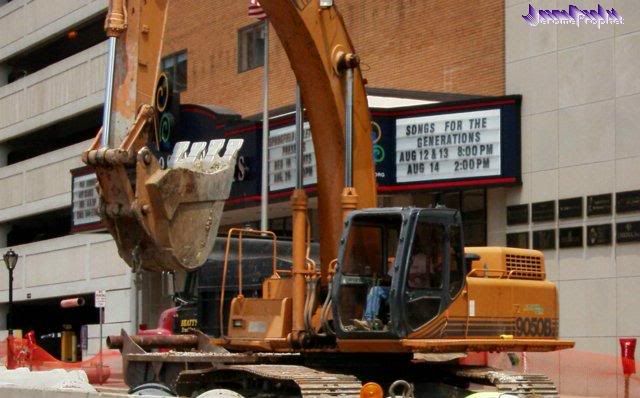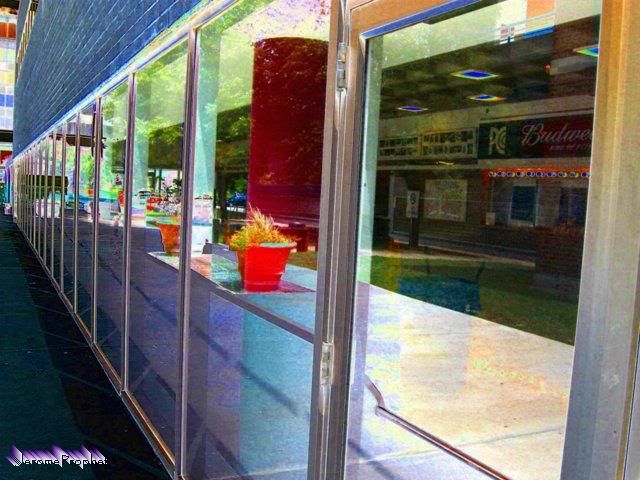 Dear Lisa,
Dear Lisa,
Located about five miles south of central Basra, it is a large, partially-tended expanse of nebk trees and palm groves, the last bearing clusters of unripened dates high amidst their spiky green leaves. Intermingled among weeds and foot-high grasses are small vegetable plots--cucumbers, okra, red pepper, figs and bamber--an Indian fruit about the size of a cherry tomato.
 "This land has been in my family for seven centuries," says Samir, walking along the banks of the Ahsahraji River, its still green waters streaked with the copper glow of sunset. "That is nearly half the age of Basra itself."
"This land has been in my family for seven centuries," says Samir, walking along the banks of the Ahsahraji River, its still green waters streaked with the copper glow of sunset. "That is nearly half the age of Basra itself."
A stocky, dark-skinned, middle-aged Iraqi with soft, sympathetic eyes, Samir is the editor-in-chief of one of Basra's largest newspapers. A secular man, he is nevertheless respectful of, but not beholden to, the religious parties that currently run his native city. "I am a real Iraqi," he is fond of saying. "Not Sunni, not Shia, not Christian, not Arab or Kurd--Iraqi." He's also as native a son of Basra as you can find--not only has his family resided in the city since the days of the Mongols, but twelve generations of his fathers have dwelt in the very house he lives in today.
We met in his downtown Basra office last week for an interview, after which he invited me to visit his 5,000 square-meter "farm"--refuge is more like it I jumped at the invitation. If anyone knew the answer to a question that has increasingly obsessed me, this tolerant, urbane, surprisingly Western Basrawi was the man.
"You want to find the 'soul' of our city?" he repeats, as we sit on the edge of a shallow irrigation channel running through his property. "This is difficult. Basra is a mixture, ever-changing. Like it's weather. Do you know," he adds, picking an emerald green squash from a patch beside him, "that people have called this city 'The Idiot' because it's character is so unstable?"
As if to underscore Basra's turbulent reputation, Samir outlines its history. Founded in 637 AD as a military outpost for the expanding Muslim empire, Al-Basrah (the name has many translations --my favorite is "black specks," referring to distant palm groves rising from the desert, the first sign that approaching caravans had of the city) has experienced pillage and plunder, wealth and renown, neglect and decrepitude at the hands of numerous powers--Persians, Turks, Mongols, Portuguese, British, Baathists and, most recently, Americans.
 "But will this bring you to an understanding of Basra? Not quite." To the west, the sky takes on a silver sheen, as the air seems to weave a thickening skein of dusk among the palms along the river. Overhead, a few stars begin to appear.
"But will this bring you to an understanding of Basra? Not quite." To the west, the sky takes on a silver sheen, as the air seems to weave a thickening skein of dusk among the palms along the river. Overhead, a few stars begin to appear.
I ask about Shia Islam. "Of course," he nods. "After all, it forms the personality of southern Iraq, and the Shia have waited 1,400 years to rule this area." Visions  fill my imagination of black flags fluttering in the desert, armies of men chanting Ya, Hussein!, bearded mujtahids preaching sacred blood and holy martyrdom. But Samir shakes his head. "No, no...for most of its history, Basra was not Shia, but maintained loyalties to Sunni caliphs. It even revolted against Imam Ali! Basra didn't become Shia until the 19th century, when people from Amarra and Nasiriya began immigrating to the city. No," Samir says again, "Shiism is not the place to search for Basra's soul."
fill my imagination of black flags fluttering in the desert, armies of men chanting Ya, Hussein!, bearded mujtahids preaching sacred blood and holy martyrdom. But Samir shakes his head. "No, no...for most of its history, Basra was not Shia, but maintained loyalties to Sunni caliphs. It even revolted against Imam Ali! Basra didn't become Shia until the 19th century, when people from Amarra and Nasiriya began immigrating to the city. No," Samir says again, "Shiism is not the place to search for Basra's soul."
The modern legacy of war, revolt and impoverishment? My host nods again and begins to describe the effects of Saddam's military adventuring--the nearly incalculable death and destruction unleashed by his megalomania, the coarsening of Basran society and the nightmares that the survivors of that period carry with them. Samir himself witnessed the death of his own brother during the Iran-Iraq War, when they were both serving near Fao.
"I saw him enter an Iranian mine field, where an explosion sent a piece of shrapnel into his spine. It took our troops ten days to fight our way to the area, and by the time I found my brother, his corpse was thick with worms and maggots." He relates the story with the impassive tone of someone who has long ago buried the pain of his memories.
But the obscenities didn't end there. As the night darkens, and the cooling earth causes a soft breeze to stir, Samir describes Basra during the "Intifada" of 1991, when Shia Muslims, encouraged by the White House, rose up against Saddam, only to encounter the full might of his security forces. The stories are gruesome--mass executions at the university, corpses torn apart in the street by feral dogs, the legless torso of a man lying in a gutter, his face staring wide-eyed at passersby too terrified to move or bury him. I ask him to stop. Is this where I'll find the soul of Basra--in the trauma inflicted on the city by Saddam Hussein?
Samir shakes his head no, then, after a pause offers his answer: "Walt Whitman." Chuckling at my reaction, "Yes, your country's poet--you are perhaps familiar with his book 'Leaves of Grass?'" Cormorants, bedding down for the night, flit from palm to palm. From a concrete block house nestled in the underbrush a generator coughs and sputters, and a small trickle of water comes splashing down the irrigation channel.
"In his poem," continues Samir, eyes gleaming in the dark, "Whitman talks as if his soul were a part of nature--free, filled with love, encompassing every aspect of life. I think of this often." After weeks of experiencing little but shortages, poverty, frustrations and dysfunctionalities--Iraqis' and my own--this evocation of the great American Bard startles me. Kafka, yes--but narcissistic, homoerotic, barbarically yawping Walt?
"Yes, you see, Basra was once like that. It is, you know, a port city. Open to influences from around the world--Asia, Europe, Africa, America. In the 50s, 60s, 70s, life was here--if you went to the Corniche, you found bars and casinos and nightclubs. People gambled, drank Arak, had sex and prayed. They may have sinned, but they did it indoors, with the result that Allah forgave them."
This last theological point is lost on me, but I understand Samir's general meaning. Again and again, I've heard similar sentiments from Basra's intellectual class: the "turbans" who are imposing their Islamic beliefs on the city--often at the barrel of an AK--are not Basrawi, they are an aberration, a glitch in the city's history, a "transitional" phase from 35 years of Saddam's tyranny to a truly democratic future. It is dangerous--possibly fatal--to express these thoughts too forcibly in public, but they exist on the minds, lips, tongues and soon the voting fingertips of thousands of Basrans come the next round of elections this December.
"This is what I look forward to. That someday, insha'allah, I will live in a country without any differences from any other country. Just a normal place where my family and I can live normal lives. You ask about the soul of Basra? Look for it in the humanity that your poet, Walt Whitman, expresses."
It's late. I must return to house arrest in my downtown funduk. We stand, brush the dirt off our trousers, walk back to the car. Through a picket-line of palms I see the rising moon, hanging full and yellow in the blue-black sky. With the trickling sound of water in the background and the gentle whisper of the breeze, the scene approaches a tranquil beauty I've yet to encounter in Basra. For an instant, you can almost imagine the world inviting you to lean and loaf and observe a spear of summer grass. The moment contains multitudes. Walt Whitman would love it.
Yours, camerado, from where the wisteria falling over a Basran wall satisfies more than the metaphysics of the mullahs.
 June 26-27
June 26-27
